Chinese academic: Why the CCP honoured Yuan Longping, the 'father of hybrid rice'
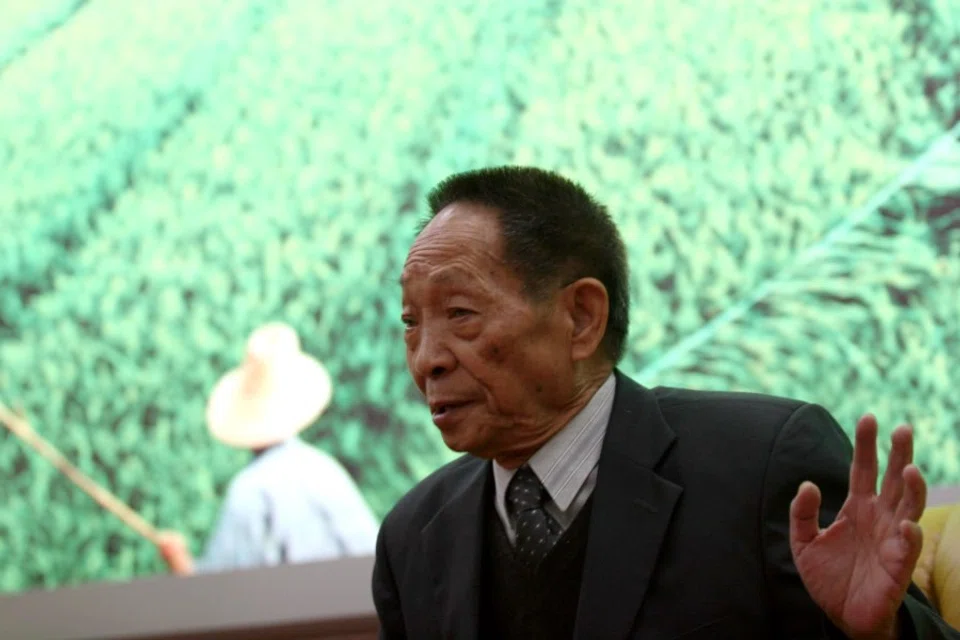
Recently, China mourned the passing of Yuan Longping, the "father of hybrid rice" and recipient of the Medal of the Republic, the country's highest honour. He was the epitome of those in China who work with advanced technology, and was a leader in protecting China's food security.
Yuan's greatest achievements include breaking free of traditional theorems and taking action to resolve the issues in the high-volume production of hybrid rice.
Some researchers think that Yuan's hybrid rice techniques cannot be said to be very advanced at the time. But even they cannot deny that the increased cultivation of hybrid rice led to increased rice production. Others say that Yuan's hybrid rice technology was only used in parts of southern China, and was not widely propagated in northern China. This is a fact, but even though rice is an agricultural product of China, it is not the whole of China's food production.
Northern China has a long history of planting corn and wheat, as well as grains and potatoes. In recent years, China has brought in new crops from Latin America and sown them in cold, high-altitude regions to good effect. China has mature technology in potato virus removal, and is among the most advanced in the world in terms of wheat growing technology. China's corn-growing area is expanding, which has a lot to do with the efforts of researchers in northern China. One might say that in terms of food crops, China is thriving.
Yuan's success lay in achieving high, steady food production that resolves China's food production problems.
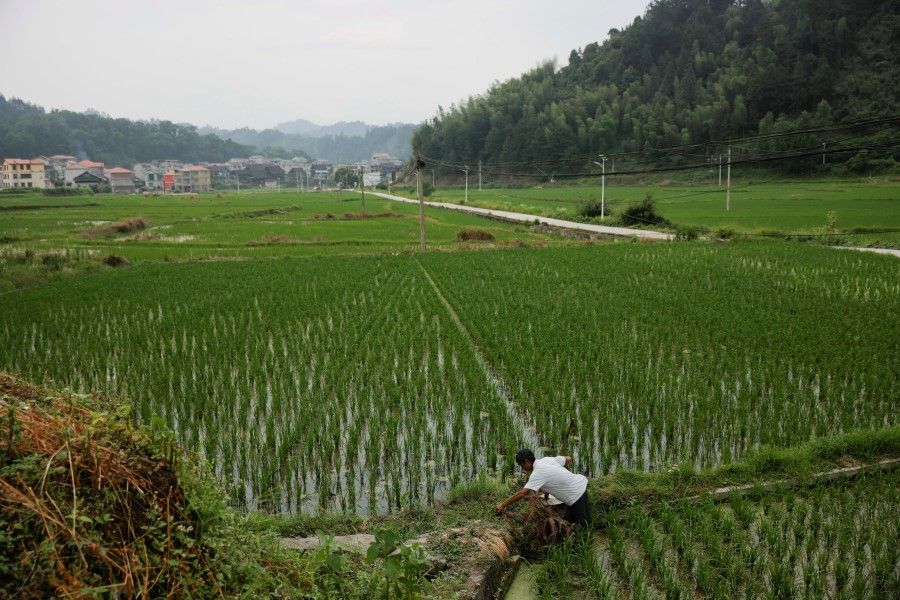
A legend's contribution to food security
Yuan was a model representative of China's scientists. He exemplified their spirit of scientific endeavour and technological innovation. He wrote theses on the soil of his country, and made his contribution to the good of billions of people. From his successful experiments with hybrid rice to publishing theses that smashed traditional ideas, to rolling up his sleeves and resolving southern China's rice production problems, Yuan made crucial contributions.
The types of rice planted in northern and southern China are different. Today, people are more accustomed to buying the rice planted in northern China as they feel it has a better texture. This is a fact. But with no production, any talk of quality is meaningless and empty. Yuan's success lay in achieving high, steady food production that resolves China's food production problems. This is why the United Nations Department of Economic and Social Affairs issued a statement that Yuan's hybrid rice saved millions of people from hunger, making him a true food hero.
Assessing Yuan is a complicated political and scientific question. It is difficult to assess the results of his research because scientific research comes with controversy and challenges. Different technology and research results spark debates, while few people can explain scientific theories clearly. Yuan's scientific contributions can only be assessed by historians and scientists. Many commentaries in the Chinese news merely scratch the surface.
As a well-known genetic expert said of Yuan, his greatest contribution is that he articulated ideas that no one else had before him. Building on the traditional theories of rice-growing, Yuan saw the advantages of hybrid rice and put them into practice. With the efforts of many, he created and propagated hybrid rice.
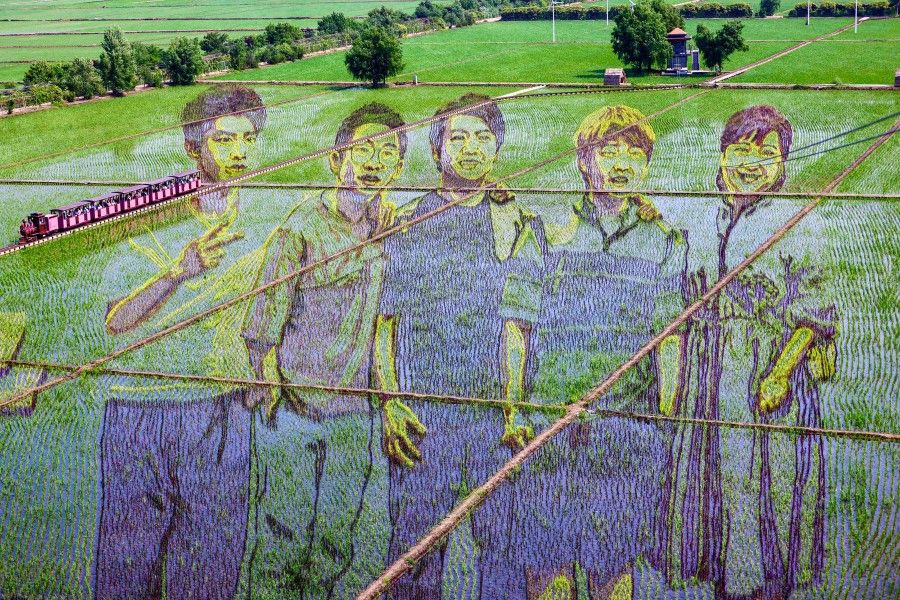
Putting revolutionary thinking into practice
This is similar to Nobel laureate Tu Youyou in her search for artemisinin, used in treating malaria. Although ancient Chinese writings contained malaria treatments, finding the principles within and using modern scientific techniques to develop it was a great innovation. While some Western academics had proposed hybrid rice, they did not develop it. Yuan proposed the concept and with help from people and untiring effort, he found wild rice species and developed hybrid rice through experiments. Yuan's "three-line" system for hybrid rice was an impressive achievement. Just because Western academics proposed the idea, it does not mean that Yuan was simply a follower. And just because the discovery of wild rice for hybrid purposes was the effort of many people, it does not mean that we can dismiss its importance.
Instead, we can say that it was with China's historical context and collective wisdom that a theory was turned into reality. The teams in some regions managed to develop hybrid rice first. This does not reduce Yuan's contribution; on the contrary, it shows his selflessness in seeking and developing hybrid rice under China's specific historical context.
China has a complex geography and climate, and hybrid rice requires certain conditions to grow, especially as seedlings. While the production of hybrid rice was high in experimental fields, it cannot be assumed that hybrid rice can be rolled out throughout China. In the vast northern regions of China, traditional rice varieties are still favoured, and researchers there are constantly improving rice productivity through technological innovations. Like Yuan, they are also excellent researchers.
Seed security to food security
As the most populous country in the world, food security remains a tough issue in China and one that is close to the hearts of the Chinese people. Food security involves multiple aspects, and seed security is crucial. Without sustainable seed resources, there can be no food security. Besides, having good soil, ample fertiliser, advanced planting techniques and modernised food purchasing and storage methods are also crucial. This is the only way to achieve steady, high food production.
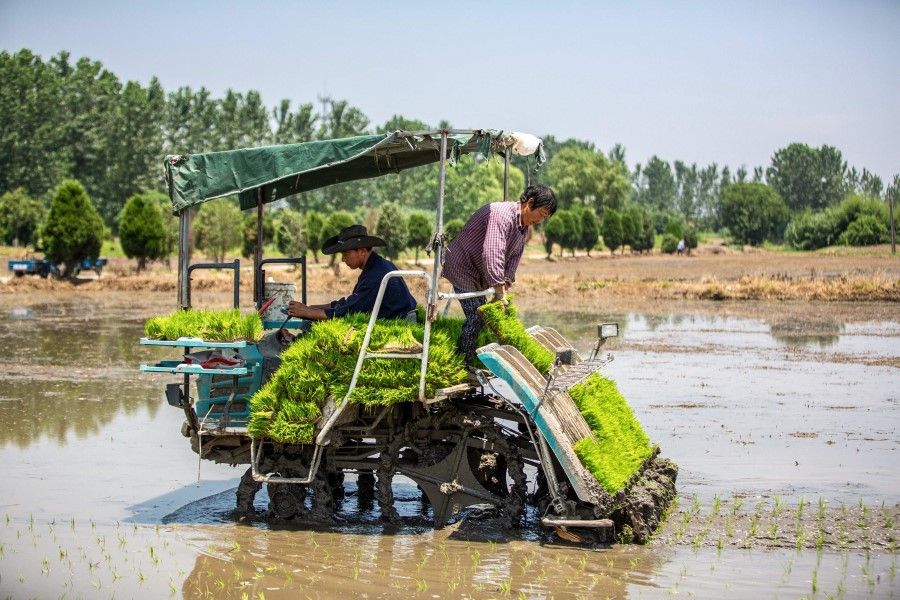
Historically, to resolve food issues, China imported sweet potato from overseas and grew it extensively; so far, China's crop diversity is definitely a choice made to safeguard its food security. The priority now is to build a holistic food security concept based on China's natural climate conditions.
In regions suitable for planting rice, hybrid rice and traditional northern rice varieties should be widely advocated; in regions suitable for planting corn and wheat, production should be improved through technological innovation; in cold, high-altitude regions suitable for planting potatoes, potatoes should be grown extensively to increase the proportion of this crop's contribution to the local diet; in mountainous areas, sweet potatoes should be grown to increase reserves of starch. Of course, in Qinghai and other cold, high-altitude regions, suitable crops can be brought in from Latin America to increase production. And in Tibet, barley can be planted, and scientific techniques used to help local farmers increase their crop production.
The best way to remember Yuan is to break through the formalism, bureaucracy, parochialism, and tribalism in China's academic sector, and rebuild China's scientific research values with the spirit of innovation.
The spirit of scientific research
In discussing Yuan, we need to discuss his spirit of scientific research, which can be categorised as follows: one, breaking the rules and venturing into unexplored territory in producing rice through scientific innovation, in the spirit of technological innovation; two, turning the hybrid rice theory into a real crop through practice, thereby benefiting hundreds of millions of people, in the spirit of meticulous scientific research; three, spreading the technique of hybrid rice throughout the world and making a prominent contribution to resolving food issues, in the spirit of selfless globalism; fourth, combining efforts to build a research team that actively shared its experience in the field through every participating individual, in the spirit of working together. With such a spirit, miracles can be achieved.
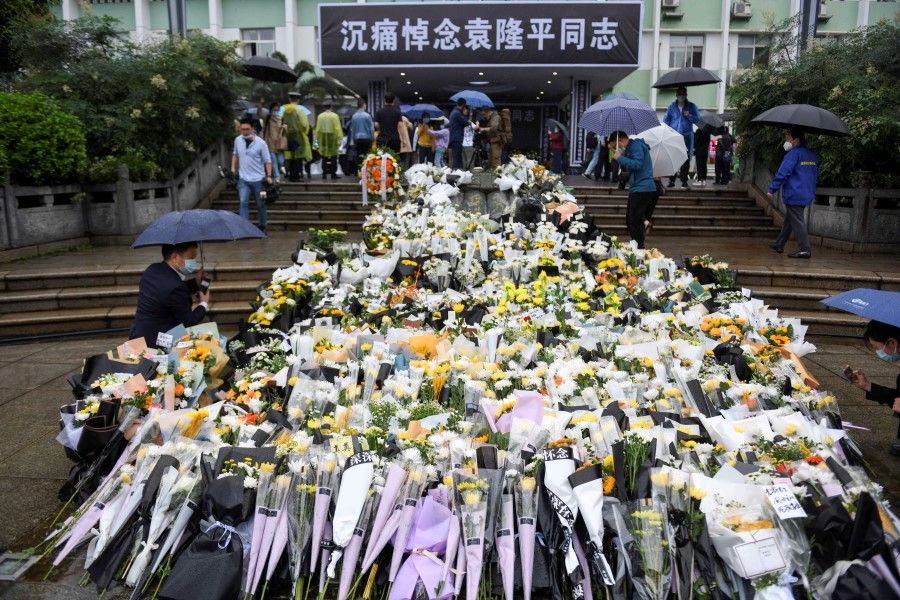
The best way to remember Yuan is to break through the formalism, bureaucracy, parochialism, and tribalism in China's academic sector, and rebuild China's scientific research values with the spirit of innovation. By today's standards, Yuan did not publish enough theses and his key academic papers were only published in the Chinese journal Science Bulletin and were not authoritative. And so, going by modern academic assessment standards, Yuan might not be taken seriously. But it was precisely in those times, with the emphasis on the autonomy of the people, that Yuan was confident enough to stick to his theories and publish his articles in China's academic journals and gain attention, that he became the go-to person for hybrid rice in China.
History is worth learning from. If it was just writing in academic publications without linking theory to practice, and without a thesis being written on the soil, such academic assessment criteria would lead China's academic development down the wrong path. Yuan was highly regarded by the Chinese Communist Party and they awarded him the Medal of the Republic at a grand event because it wanted to propagate Yuan's spirit and encourage the right academic attitude among those working in science and technology, so that they would keep their feet on the ground and work to resolve issues in China's development.
Safeguarding food security calls for technological innovation. People remember this great scientist; they do not give him all the credit, but they want to honour the spirit of modern science and thoroughly break through erroneous thinking, and benefit people with the spirit of innovation.
